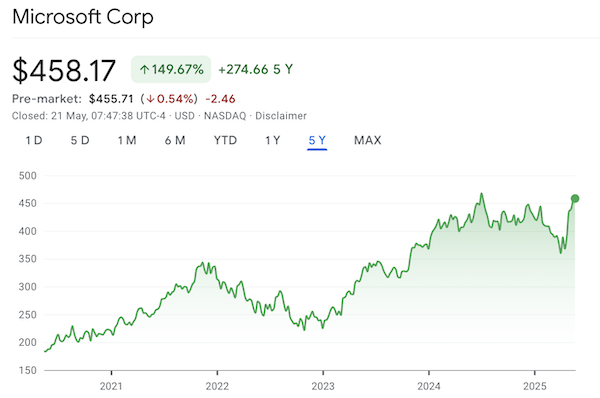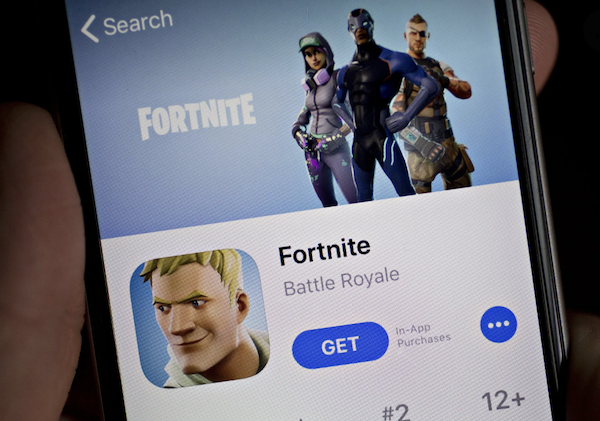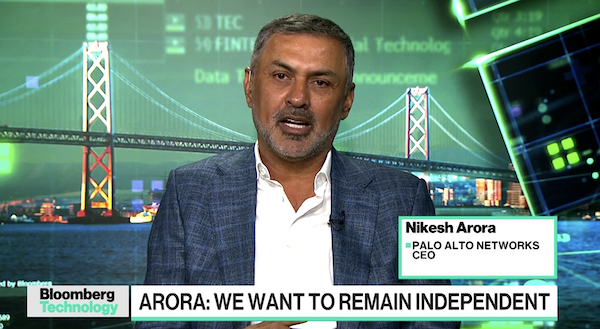Market scorecard
US markets took a hit yesterday as a bloated budget was proposed in Congress, and a lacklustre Treasury bond auction spooked the debt markets. Equities were also rattled by a sloppy earnings report from Target, which warned of fading consumer confidence and tariff-related price hikes.
In company news, Nvidia CEO Jensen Huang slammed US chip export restrictions to China, calling them a strategic blunder that could cost American firms their lead as Huawei and others gain ground. Elsewhere, OpenAI is going physical, snapping up the AI hardware startup co-founded by Apple design legend Jony Ive in a $6.5 billion all-stock deal. It's a clear sign that the AI arms race is heating up on both the policy and product fronts.
At the end of the day, the JSE All-share closed up 0.68%, but the S&P 500 fell 1.61%, and the Nasdaq sagged by 1.41%. So it goes.
Our 10c worth
One thing, from Paul

One of the most important attributes of an investment is liquidity - your ability to turn it into cash at short notice.
That's why having direct stakes in blue-chip, publicly listed equities is much better than owning physical properties. No deeds office delays or conveyancing complications, just a simple message to your portfolio manager, an on-market sale with no price impact, and you get your money back the next day (or three days for the JSE).
We've been reminded of the importance of liquidity recently, because of the trouble that Ivy League universities in the US, like Harvard, Yale and Columbia are in.
For decades, the managers of very large US university endowments favoured investments in private equity. Yale's David Swensen (pictured here) started the trend in 1985, with this pitch: "Rewarding investments tend to reside in dark corners, not in the glare of floodlights."
By the time he died in 2021, Swensen had shifted 51% of Yale's investments into illiquid assets like venture capital fund stakes, leveraged buyout funds, real estate and natural resources.
Now, Yale has confirmed that it is dumping a portfolio of private equity stakes on the secondary market, at a steep discount. Like other universities, Yale is under attack from the Trump administration, which has pulled tens of billions of Dollars in Federal funding as part of a push for sweeping changes to how they operate.
Harvard is in an even tighter spot. They are currently fighting Trump in court about diversity issues and academic freedom. To cover a funding shortfall, they are also looking to offload a big chunk of their private fund portfolio. They had to do the same thing in the 2008/09 financial crisis. So they made the same mistake twice.
Byron's beats

When I wrote about Microsoft's fourth quarter (end 2024) results in January, I noted that the share price was flat while the Nasdaq returned 30%. That was bad enough, but then it proceeded to fall from $400 a share to $360 during the tariff tantrum crash.
I am happy to report that it has finally found some legs and soared 28% over the last month and is now close to the all-time highs it reached back in July last year.
There seemed to be some concern around the slowdown of datacentre leases, but that was squashed by their brilliant cloud (Azure division) numbers the following quarter.
When a high-quality company goes through a share price slump, don't sell the stock, it's usually a great time to add.
Michael's musings

Apple's future profit growth will likely come from their services business, where they charge app developers a percentage of any in-app purchase. Their argument is that they provide a safe platform, and a massive user base. However, Apple has lost a few court cases about their app store payment arrangements being anti-competitive, and it may well be forced to open things up.
Previously, all purchases done inside an app would have to be done through Apple's payment platform. Now, Apple has to allow apps to direct users to external payment gateways, thus bypassing Apple's commission. This is a bit of a worry for Apple's future growth, but as anyone in retail will tell you, the harder that you make the payment process, the fewer sales get processed - think of Amazon's 1-click buy function.
RevenueCat, a company which helps with online purchases, has been running the data since Apple opened up to allow external payments. As you can imagine, many more sales happen when users can do a quick and easy in-app purchase. It is painful for a user to go to an external payment page and complete their payment details.
You can read RevenueCat's early findings here - Apple opened the door to web paywalls.
Apps will need to decide if having higher sales is worth paying Apple's commissions. I suspect it will vary from industry to industry and app to app. For example, I would happily go to the online Netflix webpage and sign up. For something like a cellphone game though, it would be an in-app purchase or nothing.
Bright's banter

We are investors in the cybersecurity industry through CrowdStrike, but Palo Alto Networks is their most significant competitor. The latter just posted some decent results with revenue up 15% year-on-year to $2.3 billion. Profit dipped slightly as the company poured more into R&D and operations.
The business was started back in 2005 by Nir Zuk, a former engineer at Check Point and Netscreen. He felt firewalls at the time were stuck in the past, so he went off and built a better one. Their strategy of bolt-on acquisitions keeps them competitive, though the trade-off is occasionally clunky integration.
CrowdStrike is a pure-play cloud-native company with much faster revenue growth and better operating leverage. Their Falcon platform is the gold standard in endpoint security, and it's rapidly expanding into adjacent categories like identity protection and cloud workload security.
Linkfest, lap it up
The JSE has been shrinking. Even so, South Africa holds its own when compared to our peers - Billion dollar companies by country.
Virtual reality is a tough industry. Palmer Luckey did something different and became an influential figure in society - Inside story of Oculus.
Signing off
Asian markets are taking a bit of a breather this morning after a strong run. The MSCI Asia-Pacific index slipped 0.6%, pulling back from a seven-month high. Japan's Topix, Australia's ASX 200, and Hong Kong's Hang Seng dipped. The Shanghai Composite held steady, barely moving.
In local company news, Rhodes Food Group's latest results were a bit of a mixed bag. Revenue rose slightly, but headline earnings dropped nearly 12% as the international business struggled. Drought in Eswatini hurt pineapple supply, and some export fruit orders went unfulfilled.
US equity futures are marginally in the green pre-market.
The Dollar has lost ground against everything, as investors worry about loose US fiscal policy. The Republicans were supposed to keep that in check? The Rand is at around R17.96 to the US Dollar.
Here at home, everyone has a lot to say about the Budget 3.0 and the circus in the Oval Office last night. Remember, you don't have to have a strong opinion about everything.
Best wishes